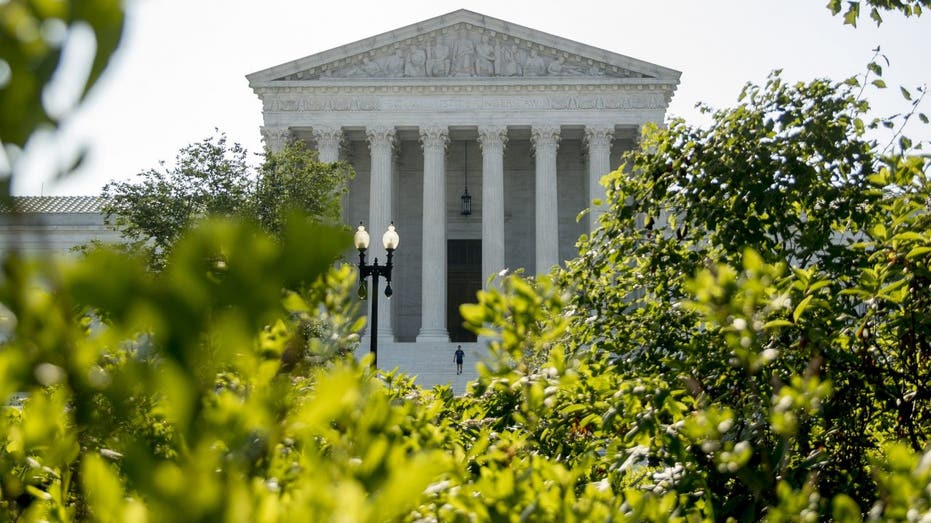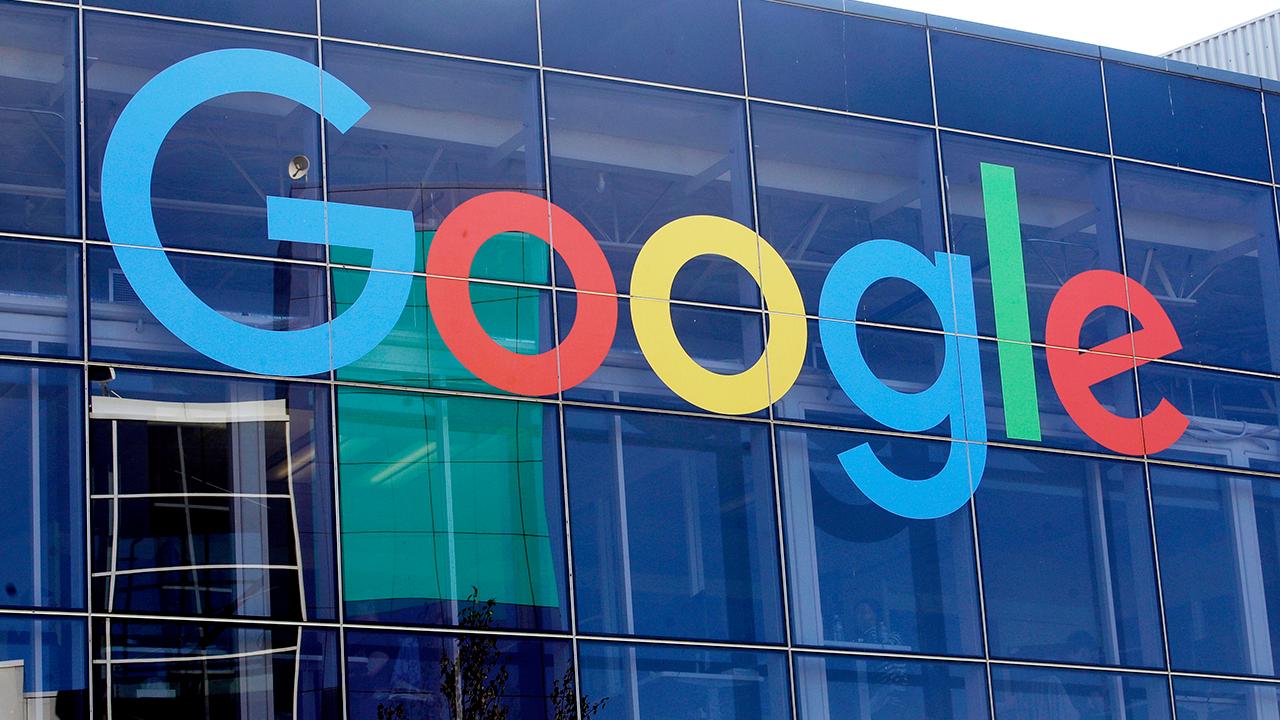Google reverses decision to stop anti-court packing group from running ads
'Keep Nine' director Roman Buhler said they are not a political organization
Google on Monday said it is reversing an earlier decision to block ads from an anti-court packing group after Fox News asked questions about the move — a sign of the tech giant’s challenges ahead in defining what’s “political” less than a month after adopting a policy to block political ads in the wake of the Capitol riot.
Google twice defended the decision to the group Coalition to Preserve an Independent U.S. Supreme Court -- also known as Keep Nine – to nix their ad, asserting it was consistent with the broader policy on political ads. However, after phone and email inquiries from Fox News to Google on Friday and Monday, the Google team determined the anti-court packing ad was “flagged by mistake,” according to a Google spokesperson.
Keep Nine previously said Google was moving the goalpost on a policy that seemed rather specific.
GOOGLE HAS 'NO IMMEDIATE PLANS' TO TEST DRONES FOR FIRE-FIGHTING, MONITORING OPERATIONS
The Google policy that took effect Jan. 14 applied to “US election-related content, including ads which reference the candidates, the election, its outcome, the upcoming presidential inauguration, the ongoing presidential impeachment process, violence at the US Capitol, or future planned protests on these topics.”
Keep Nine leaders contend their Google ad didn’t touch on any of these points. The ad said, “KeepNine.org/Stop Court Packing/9 Justices/Bipartisan Support/Help Save the Independence of the Supreme Court/Join our Mailing list today.” Keep Nine tried posting a similar ad after the inauguration and was again rejected. Further, the group asserts other politically oriented groups have successfully posted Google ads recently.
Andrew Miller, the former Democratic attorney general of Virginia and president of the anti-court packing coalition, contends Google is engaging in censorship and using monopolistic power.
“My mother was a journalist. I was brought up as a strong advocate for the Bill of Rights and the First Amendment, so I was deeply offended,” Miller told Fox News on Friday, before Google changed course. “A private party can do what it wants, but that can only go so far since the government grants Section 230 protection.”

The Supreme Court, Wednesday, July 8, 2020, in Washington. (AP Photo/Andrew Harnik)
Miller was referring to the often controversial Section 230 of the Internet Decency Act, which allows protection from certain liability to platforms that aren’t accorded to publishers. Many critics ‒ mostly conservatives ‒ have said Big Tech companies such as Google, Facebook and Twitter should lose the protection if they block certain points of view.
CLICK HERE TO READ MORE ON FOX BUSINESS
“They have monopolistic power in part because of state action,” Miller added. “The idea that the state could outsource censorship is not something the founders had in mind when drafting the First Amendment.”
But it wasn’t a matter of censorship, a Google spokesperson said. On Friday the spokesperson referred Fox News to a news article on the policy of blocking political ads. In follow-up emails and a call, Google again pointed to the policy, but said it would look into specifically how the policy applied to the ad that didn’t mention candidates, the impeachment or other prohibited matters.
Contacted again on Monday, a Google spokesperson told Fox News in an email, “the team actually found that their ad was flagged by mistake” because Google uses a combination of automated and manual enforcement. By late Monday, Google expected the ad would be clear to run on Tuesday.
The Coalition to Preserve an Independent U.S. Supreme Court, with a website, KeepNine.org, supports a constitutional amendment to keep the makeup of the Supreme Court at nine justices. Congress passed the Judiciary Act of 1869 to limit the court to a chief justice and eight other justices on the Supreme Court, but the number isn’t set in the Constitution.
President Joe Biden appointed a commission to study reforming the Supreme Court. Court packing would be similar to what President Franklin Roosevelt tried and failed to do in his second term when the justices frustrated him by knocking down New Deal legislation. Roosevelt had large Democratic majorities in the House and Senate that nevertheless bucked him on the issue, whereas Biden has narrow Democratic majorities. So, adding justices to the high court doesn’t seem likely in the near future.
The anti-court packing group attempted to post its first ad on Jan. 18, and it was rejected. Perceiving the Jan. 20 Biden inauguration to have been the stumbling block under the Google policy, Keep Nine posted a slightly revised ad on Jan. 21, that said, “KeepNine.org/The Keep Nine Amendment/Stops Court Packing/Bipartisan Support/Unite America/Join our mailing list today.” But the new ad was also blocked. The ads were targeted toward anyone who googled the term “court packing.”
The coalition provided Fox News with the full message from Google explaining the ban included issue advocacy.
“Hence, Political content which includes ads for political organizations, political parties, political issue advocacy or fundraising, and individual candidates and politicians may come under Sensitive events -- US elections,” the message said. “Your ads are disapproved due to the content present on the website. I could see that the website talks about political issue advocacy where it mentions: ‘Contact your Senator and member of Congress and ask where they stand on Keep Nine.’”
Keep Nine director Roman Buhler said encouraging the public to contact their member of Congress is the point of public advocacy.
“We are not a political organization. No candidates are mentioned. No political party was mentioned,” Buhler told Fox News.
So far, 60 House Republicans and 15 Senate Republicans support an amendment to keep the Supreme Court composition at nine justices, but Buehler and Miller stress the coalition is bipartisan.
It was Rep. Colin Peterson, D-Minn., who first sponsored the proposed constitutional amendment on the House floor last year to lock the court in at nine justices. However, Peterson lost his seat in November.
Further, eight former Democratic state attorneys general, five former Democratic members of Congress and incumbent Democratic Delegate Michael San Nicolas, a non-voting House member from Guam, also back the proposed constitutional amendment.




















